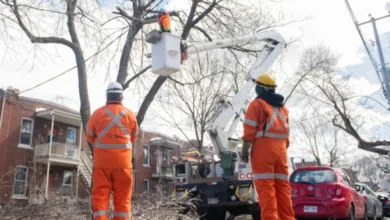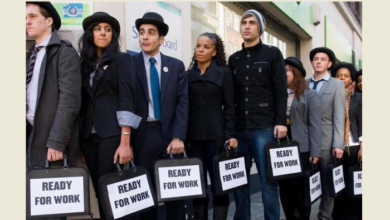أخبار كندا
ترودو: “نحن مستعدون للرد بقوة على تهديدات ترامب”

قال رئيس الوزراء جاستن ترودو إن كندا مستعدة للرد على الرسوم الجمركية الأمريكية على الواردات، والتي قال الرئيس دونالد ترامب إنها ستبدأ غدًا.
وقال ترودو في تصريحات قبل اجتماع حول العلاقات الكندية الأمريكية في تورنتو: “نحن في لحظة حرجة، هذا ليس ما نريده، ولكن إذا تحرك للأمام، فسوف نتحرك أيضا ونرد بقوة”.
وأكد ترامب أمس تهديده بفرض رسوم جمركية على كندا، وهو ما من شأنه أن يمثل بداية حرب تجارية بين البلدين.
وحذر ترودو من أن مثل هذه الحرب ستكون ضارة باقتصادي البلدين، اللذين يرتبطان ارتباطًا وثيقًا.






